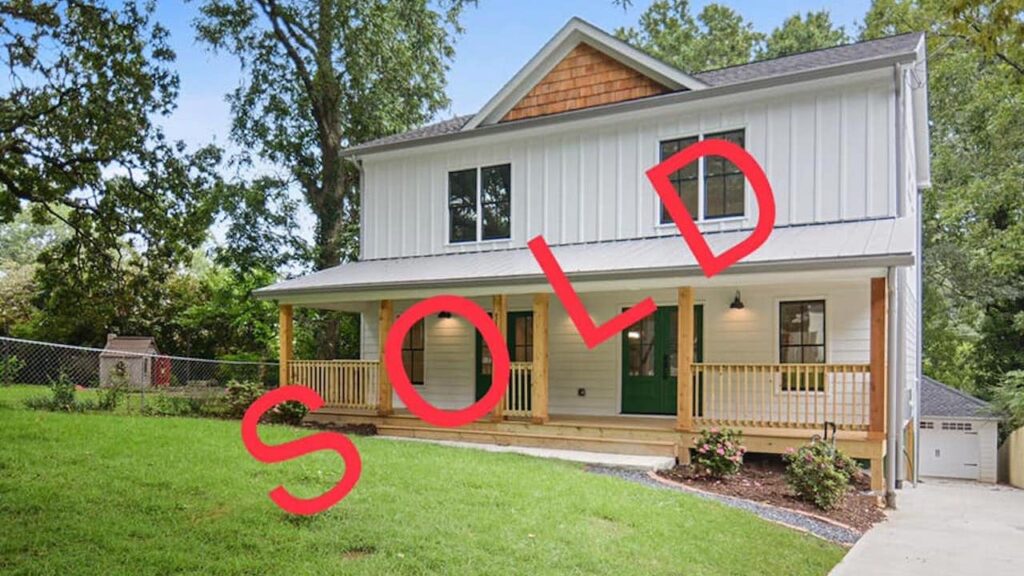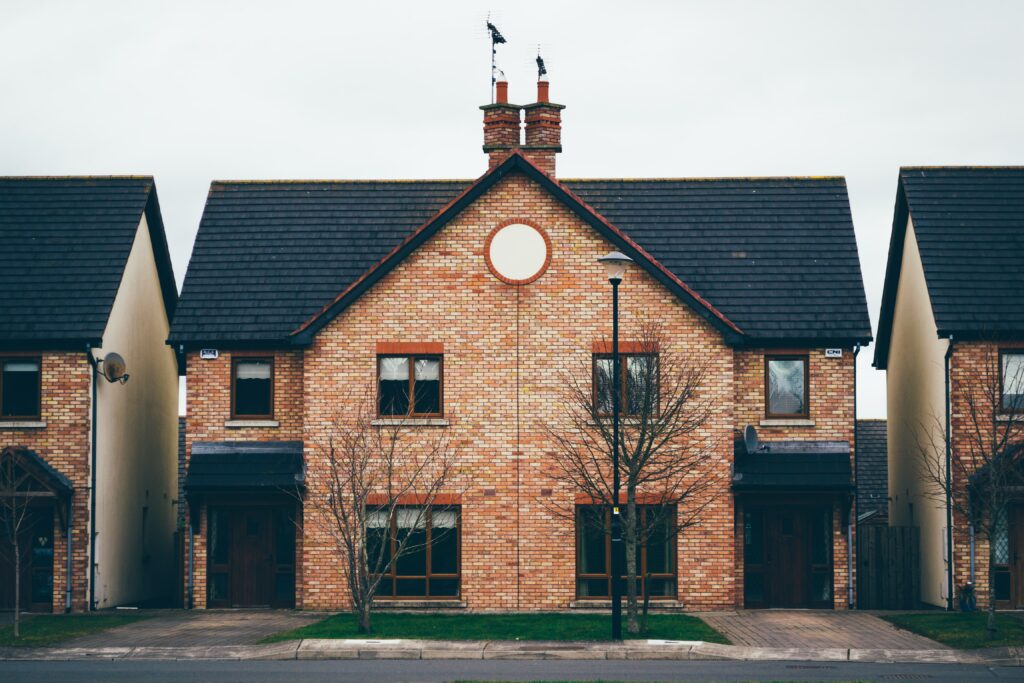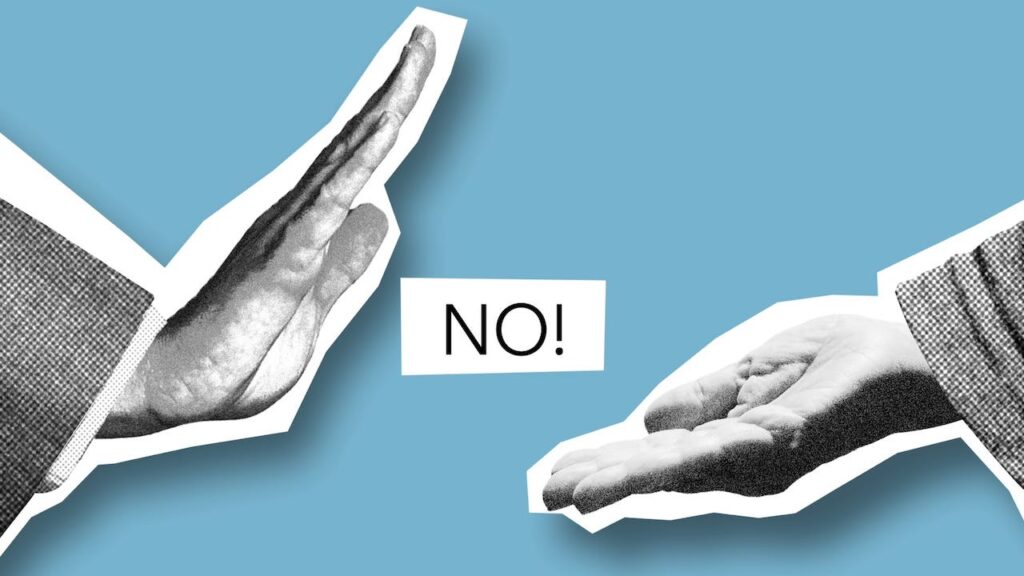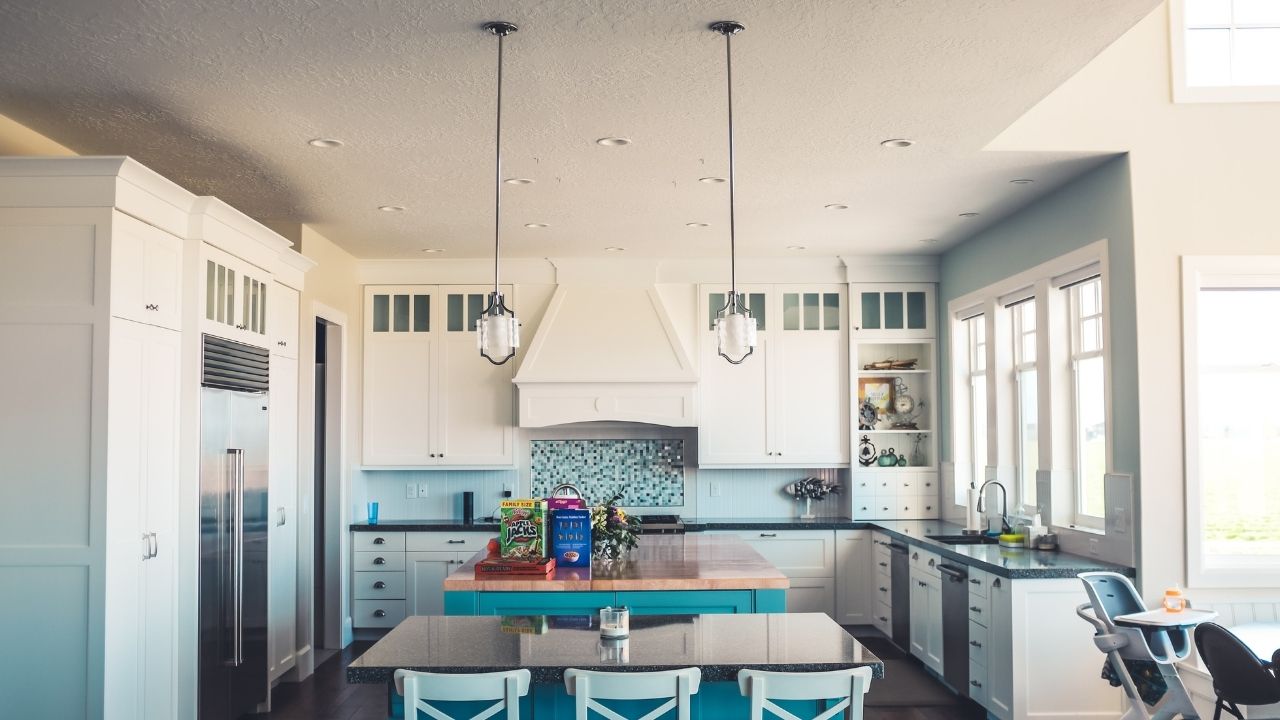Splitting up is hard on both you and your spouse; it’s emotionally and physically exhausting to go through the equity court proceedings and the division of assets.
One of the biggest hassles is the division of marital property, aka the house you currently live in. Add school-going kids (or younger) into the equation, and it could get even messier.
According to the National Statistics Office of Georgia, 16,359 marriages were registered in 2020, and 7,643 divorce applications were filed. So if you’re having to think about selling your precious home, know that you’re not alone.
I’ve been working in Georgia’s real estate market for 20+ years now, so you could say I’ve got some experience under my belt. When a client asks me, “Jonathan, should I sell my house now, during the divorce? Or after it?” My answer is always – it depends.
Ask the same question to any realtor or family lawyer who is worth their mettle, and they’ll give you the same answer. Because it really depends on several different factors:
- Who currently owns the house? Who will live in the house after divorce?
- Are there any young kids involved?
- What is your financial situation?
- What is the mutual consensus: selling or keeping?
While I can’t give you a clear-cut answer, I can guide you through the decision-making.
Making a Case for Selling Before Divorce
1. Financial Reason
A new life doesn’t come cheap. It’s plain and simple. You’ll need both cash and credit to buy another house or rent an apartment, and you can get both by selling your house.
Secondly, you can get a massive tax write-off, up to $500,000 of capital gains, if you sell your house before the divorce (as joint owners). You know what they say, “money saved is money earned.”
2. Emotional Reason
Sometimes ripping the band-aid off is the best thing you can do to heal an emotional wound. It might hurt at the beginning, but it’s crucial to the long-term healing process.
Depression and anxiety are pretty common for divorcees. Staying in the same home with all those memories can be emotionally taxing. You may want to avoid that and start fresh.
3. Legal Reason
Equity courts will go to lengths to ensure that the division of assets during a divorce is equal. A judge will ask you to either give up something equitable or take debt if you want to keep the house with equity involved.

Cons
Like the two sides of every coin, there’s a flip side here too:
- As you know, selling a house is no walk in the park. It could take months before you even get an offer, let alone finish the sale. Although, there’s a faster alternative to this that I’ll explain in the next section. Hint: Real Estate Acquisition companies.
- If you sell your house before the divorce, you’ll have to find an alternative living space, which doesn’t come cheap or stress-free these days.
Making a Case for Selling After Divorce
1. Selling Your Home Requires Collaboration
Again, it takes time to sell a house if you do it yourself or get a realtor. This can delay your divorce significantly, which isn’t ideal for some couples.
Even when you do get offers, your spouse might disagree with the price. If you can’t stay together during that time or don’t have alternative living spaces, you should consider holding off the sale or finding a quick solution.
2. Kids & Nesting
Many couples choose not to sell their house when kids are involved because they want them to grow up in a safe and supportive environment, i.e., the family home. Although, this may present an issue for two reasons: 1) both parents want to stay at home with the kids, or 2) the parent who lives in the house may assume a bundle of expenses.
A modern alternative to this is nesting. These days, couples rent an apartment elsewhere and take turns living in the house with the kids. This is called nesting.
3. Property Ownership
Property doesn’t come cheap these days. Even if both of you decide to live elsewhere, you don’t have to sell right away. You can always rent to someone else and split the profit. Only do this, though, if you’re on good enough terms for such an agreement.
Cons
Of course, there are disadvantages to selling your house after the divorce:
- You’ll have to pay an additional capital gains tax which could be a massive financial hit. Your capital gains tax write-off will only be $250,000 if you sell the house after divorce. In comparison, you can get a $500,000 write-off if you sell before the divorce as joint owners.
- You’ll have to discuss finances one-on-one or through lawyers, if you keep the house, which can be a hassle if the divorce wasn’t smooth.
Read More: Closing Costs: What are they? Who pays them? How to avoid them?
How to sell a house during a divorce?
Selling a house during the divorce is more complex than selling one in general. You’ll face all the usual hassles such as preparing for open houses, setting up for buyers, getting things fixed, etc. Plus, you may have to do this while fighting your divorce battle in an equity court.

1. Should I sell my house in a divorce?
Believe it or not, this is where most people get it wrong. You’re so emotionally exhausted when going through divorce that many people only think about whether to sell before or after. More often than not, people don’t consider keeping the house as an option. Let’s quickly discuss that first.
Terms of divorce play the most important role in these situations. Sometimes, a divorce could be swift and healthy. In this scenario, it might be a good idea to keep the house because the rental property is lucrative. You can also time the market and maximize your profit if you don’t sell in haste.
On the flip side, if you just can’t stand each other, it’s better to sell. Co-owning the home when you’re not on good terms could be a financial burden on payment days. Many divorcees also choose to detach from their marital home after ending a toxic relationship for emotional reasons.
Consider all the factors and make a decision together. You may not be on the best of terms, but it’s best to have a conversation about this for the sake of it all.
Trust me, I’d be very rich if I had a dollar for every time I closed a deal for a seller, but their spouse refused the offer and tanked the whole deal. It stinks, but it happens.
2. Hiring Professional Help…Not A Realtor
It’s likely not something you and your partner can do alone, so the next step is to hire professional help. You’ll need someone experienced in selling houses fast while maximizing profits. Because your divorce will be delayed until your house is sold, and the proceeds can be divided.
It takes at least 63 days for a seller with a realtor to sell a house in Atlanta, Georgia. It can be a huge burden both financially and emotionally.
I can’t tell you which realtor to hire, but I’ll tell you this: don’t hire a realtor. You’ll have to wait for months and say goodbye to 6% from the sale of your house, which is about $20,700 on average in Georgia.
What’s the alternative, you ask? The best way to sell your house in the middle of a divorce is to sell it to a real estate acquisition company like JWS Acquisitions that can finish the sale within 7-10 days and get you the most bang for your buck.
Frequently Asked Questions
1. Can I sell my house if my partner refuses?
You cannot sell a co-owned house without the consent of the other owner. After the divorce, you’ll still need their permission if the terms of separation list the property as jointly owned. So, you can’t legally sell your house if your partner refuses.

2. Can a court force the sale of a house in a divorce?
Courts can force the sale of your house in a divorce, and they often do so. You have to understand that they are called “equity” courts for a reason – the judge must ensure that the assets are divided equally between the divorced parties. And, dividing a house equally is way more complicated than it sounds.
In these cases, a judge will force the sale of the property and split the proceeds equally or based on how much equity each owns. Georgia’s law states that “if the house is ordered to be sold, the parties cannot thereafter agree that one of the parties will buy it from the other.”
What’s the final decision?
Now, you know every major factor involved in the sale of a house during a divorce. It’s best to discuss them with your partner and try to reach a mutual agreement to avoid equity court.
Once you decide to sell, get your free offer within 24 hours. If you like it, we’ll get the sale done within the next 7-10 days, but there’s no obligation on your end to request a cash offer.


